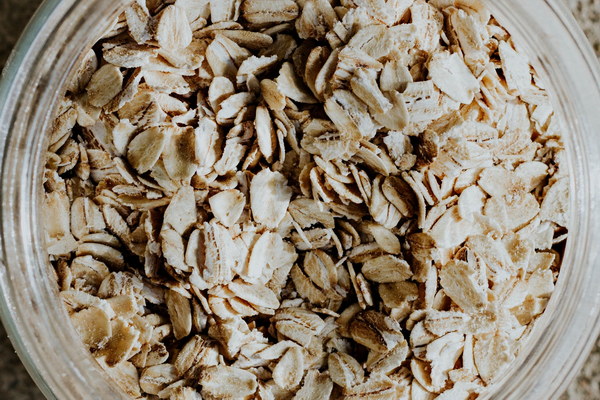Post-Menopausal Health Essential Tips for Body Care
The transition into menopause can bring about significant changes in a woman's life, including physical, emotional, and psychological shifts. Once you've reached this stage, taking care of your body becomes more crucial than ever. In this article, we will discuss essential tips for body care after menopause to help you maintain a healthy and active lifestyle.
1. Maintain a balanced diet
A balanced diet is the foundation for good health. Post-menopausal women should focus on incorporating a variety of nutrient-rich foods into their diet. Here are some dietary recommendations:
- Increase calcium intake to help prevent osteoporosis. Good sources of calcium include dairy products, leafy green vegetables, and fortified foods.
- Consume sufficient vitamin D to enhance calcium absorption. Foods high in vitamin D include fatty fish, egg yolks, and fortified cereals.
- Ensure adequate protein intake to support muscle mass and strength. Lean meats, poultry, fish, legumes, and dairy products are excellent protein sources.
- Limit caffeine and alcohol consumption, as they can disrupt sleep patterns and affect bone health.
- Eat a variety of fruits and vegetables to get a wide range of vitamins, minerals, and antioxidants.
2. Stay active
Physical activity is crucial for maintaining bone density, muscle strength, and overall health. Incorporate the following activities into your routine:
- Weight-bearing exercises, such as walking, jogging, or dancing, to promote bone health and prevent osteoporosis.
- Resistance training, such as using free weights or resistance bands, to maintain muscle mass and strength.
- Flexibility exercises, such as yoga or stretching, to improve mobility and reduce the risk of injury.
- Engage in regular aerobic exercise to improve cardiovascular health and manage stress.
3. Prioritize sleep
As you age, you may find it more challenging to get a good night's sleep. Establishing a regular sleep routine and creating a comfortable sleep environment can help improve your sleep quality:
- Aim for 7-9 hours of sleep per night.
- Go to bed and wake up at the same time every day, even on weekends.
- Create a restful sleep environment by keeping your bedroom cool, dark, and quiet.
- Avoid screens and electronic devices at least one hour before bedtime.
4. Manage stress
Stress can have a significant impact on your health, both mentally and physically. Here are some ways to manage stress:

- Practice relaxation techniques, such as deep breathing, meditation, or mindfulness.
- Engage in hobbies or activities that you enjoy.
- Spend quality time with friends and family.
- Consider seeking professional help if you're struggling with stress.
5. Stay hydrated
Water is essential for maintaining your body's overall health. Here are some tips for staying hydrated:
- Drink at least 8 glasses of water daily.
- Carry a reusable water bottle with you to stay hydrated throughout the day.
- Adjust your water intake based on your activity level and weather conditions.
6. Regular health check-ups
It's important to stay proactive about your health as you age. Regular health check-ups can help detect and manage any potential health issues. Make sure to:
- Schedule annual mammograms to screen for breast cancer.
- Have regular bone density scans to monitor your risk of osteoporosis.
- Keep up with recommended screenings and vaccinations.
By following these tips, you can help ensure that you maintain a healthy and active lifestyle during and after menopause. Remember, taking care of your body is essential for overall well-being, and making small changes can lead to significant improvements in your health and quality of life.









